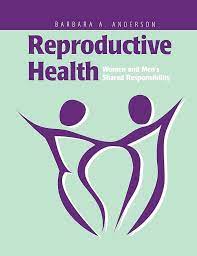
Reproductive health is a crucial aspect of overall well-being, and it encompasses a wide range of topics, including fertility, infertility, and assisted reproduction.
Assisted reproduction encompasses various medical interventions and technologies designed to help individuals or couples achieve pregnancy when natural conception is challenging. Some common assisted reproductive options include:
Assisted reproductive technologies have significantly expanded options for those facing infertility or other reproductive challenges. These treatments should be discussed with a reproductive specialist or fertility clinic, who can provide guidance tailored to individual circumstances.
It’s important to remember that fertility and reproductive health are complex and may involve multiple factors. Seeking professional guidance and support from a healthcare provider or fertility specialist is crucial when facing fertility issues or considering assisted reproduction options. They can provide personalized assessments, treatment plans, and emotional support throughout the journey to parenthood.
WhatsApp us